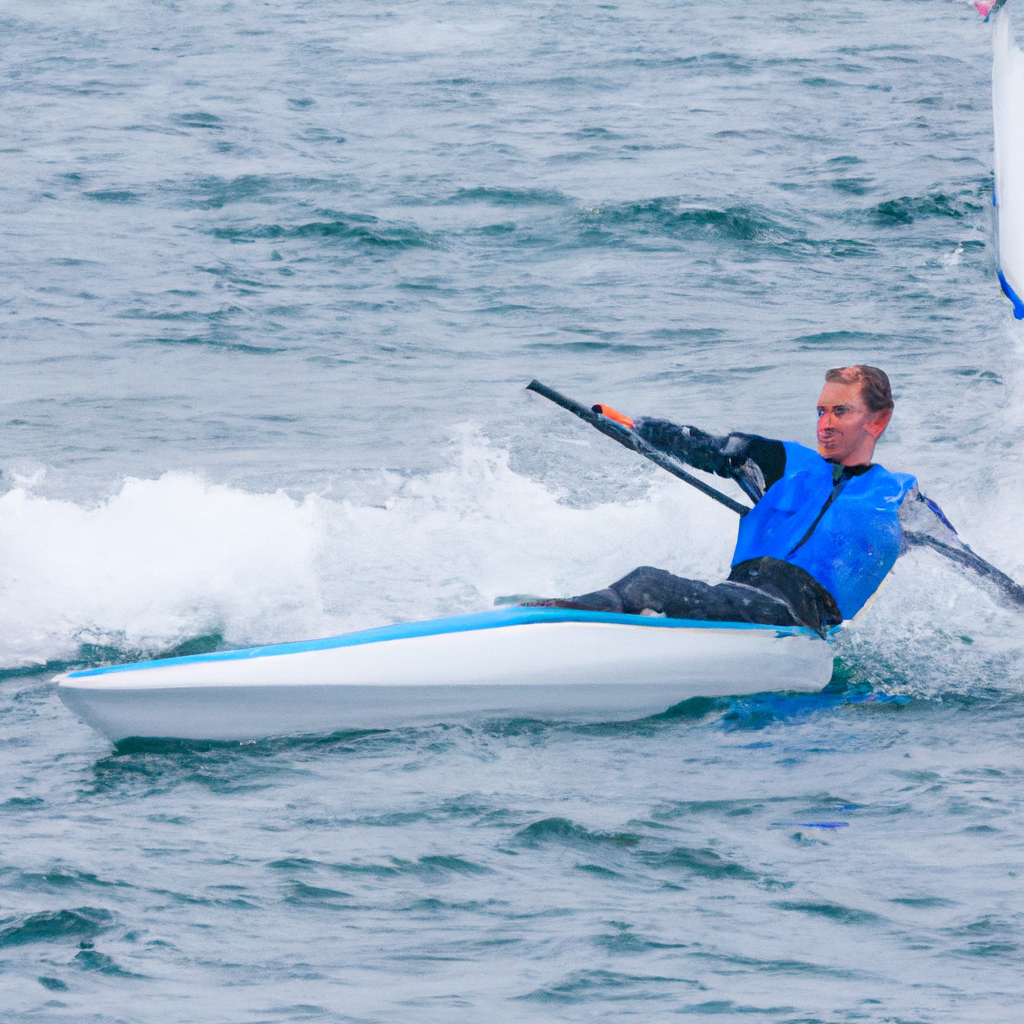Comprehensive Preparation for Water Sports: Guide to Physical Training, Mental Strength and Nutrition to Improve Performance and Prevent Injuries

Water sports, in their various modalities, are activities that demand a high level of both physical and mental preparation. It not only requires strength and endurance, but also concentration, technical skills and a great ability to adapt to the environment. Additionally, these sports are often carried out in extreme conditions, where safety and injury prevention are critical. In the following article, we will address the different strategies and recommendations to efficiently prepare for highly demanding water sports. From physical training routines and techniques to strengthen the mind, to advice on nutrition, hydration and measures to prevent injuries and promote optimal recovery. Our goal is to provide a complete guide that allows nautical athletes to improve their performance and fully enjoy their sport.
- 1. "Physical training for water sports: recommended exercises and routines"
- 2. "Mental strengthening: concentration and resilience techniques in water sports"
- 3. "Food and hydration: nutritional keys to improve performance in water sports"
- 4. "Injury prevention and recovery: essential care in demanding water sports."
1. "Physical training for water sports: recommended exercises and routines"
Physical training for demanding water sports must be rigorous and specific, since these sports involve a high demand for strength, endurance and balance. Recommended exercises typically include cardiovascular training to increase endurance, such as running, swimming, or cycling. Additionally, it is essential to develop core and upper body strength through resistance and weight training. Yoga or Pilates routines are also beneficial, as they improve flexibility and balance, key skills for most water sports. Likewise, simulation exercises for specific movements of each sport, such as rowing or surfing, help improve technique and prepare the body for the specific physical demands of each activity.
2. "Mental strengthening: concentration and resilience techniques in water sports"
Mental strengthening is a crucial aspect in preparing for demanding water sports. It is essential to develop concentration and resilience techniques to manage stress and maintain focus despite difficulties. Concentration is key to maintaining balance, coordinating movements and making quick decisions in the water. An effective technique to improve concentration can be meditation or mindfulness practice, which helps keep the mind focused on the present moment. On the other hand, resilience refers to the ability to quickly recover from setbacks, adapt to changes, and move forward in the face of adversity. Mental training, such as positive visualization and self-affirmation, can help build resilience. It is also helpful to set realistic goals and maintain a positive attitude, as this motivates athletes to overcome obstacles and continue to strive no matter the difficulties.
3. "Food and hydration: nutritional keys to improve performance in water sports"
Nutrition and hydration play a crucial role in improving performance in water sports. A balanced diet, rich in carbohydrates, proteins and healthy fats, provides the energy necessary for prolonged physical effort. Carbohydrates are the main source of energy, while protein supports muscle recovery and growth. Healthy fats, such as those from fish and nuts, provide long-term energy. Additionally, it is essential to stay well hydrated, as dehydration can negatively affect performance and health. Drinking water before, during and after physical activity helps maintain fluid balance, regulate body temperature and prevent fatigue. It is also important to replace electrolytes lost through sweat, for which sports drinks can be used.
4. "Injury prevention and recovery: essential care in demanding water sports."
Injury prevention and recovery are crucial aspects of demanding water sports. Prevention begins with a proper warm-up that includes stretching to prepare the muscles for intense activity. Wearing the appropriate safety equipment, such as life jackets and helmets, is equally vital. Additionally, maintaining good physical shape through regular training can help prevent injuries. In the event of an injury, it is important to allow the body to fully recover before resuming activity. This may involve physical therapy, rest, hydration, and a balanced diet to support recovery. Some water sports, such as sailing or surfing, may require special attention to certain areas of the body that are more prone to injury, so it is advisable to inform yourself and prepare appropriately.
